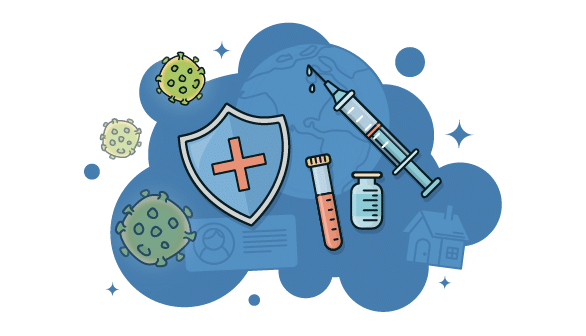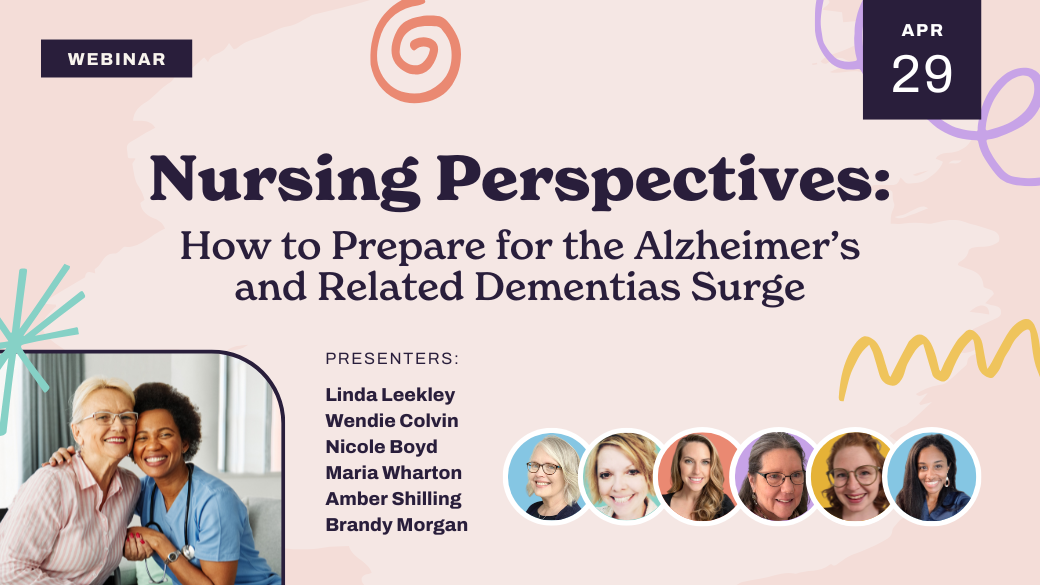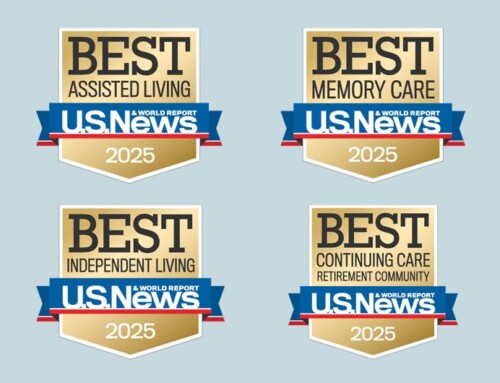How the COVID-19 Vaccine Could Impact Your Home Care Agency

As of December 11th, the FDA has approved emergency use authorization of a vaccine for COVID-19. Here’s how it will impact home care.
2020 started and ended with a bang. From the onset of COVID-19 in March to the first dose of a vaccine being given in December, the home care industry has changed in ways that no one could’ve ever expected.
It’s been a strange year to say the least, but with the beginning of a new year quickly approaching and a vaccine that’s only going to get better as time progresses, there’s a lot to look forward to.
Here’s what a COVID-19 vaccine could mean for home care.
What we know about the COVID-19 vaccine
As of December 11th, the FDA approved emergency use authorization of a vaccine for COVID-19. The first vaccine has started to be administered and those who are among the first to receive the vaccine include frontline healthcare workers and those in long-term care facilities. For home care, this means swift changes for both, clients and caregivers.
Right now, there are currently two vaccines being used: Pfizer and Moderna. Both of these vaccines require a 2-step vaccination process with Pfizer requiring 21 days of separation between each dosage and Moderna requiring 28 days.
The vaccines have undergone extensive clinical trials and testing. In fact, “NIAID is funding clinical trials ensuring the safety and efficacy of two vaccine candidates. Trials are being implemented as part of the multi-agency Operation Warp Speed.”
For further information on the timeline of Operation Warp Speed, you can visit their website which breaks down development, manufacturing, and distribution from May until present.
According to the CDC, “We don’t vaccinate just to protect our children. We also vaccinate to protect our grandchildren and their grandchildren. With one disease, smallpox, we ‘stopped the leak’ in the boat by eradicating the disease. Our children don’t have to get smallpox shots anymore because the disease no longer exists. Smallpox is now only a memory, and if we keep vaccinating against other diseases, the same will someday be true for them too. Vaccinations are one of the best ways to put an end to the serious effects of certain diseases.”
Caregiver vaccination: mandatory or optional?
There’s still a lot up in the air about the requirement of a COVID-19 vaccination for caregivers. While it’s generally up to the agency to make a decision that works best for them, there are still many things to consider.
After talking with those on the front lines, we’ve found that because the vaccine is an Emergency Use Authorization (EUA) vaccine, most aren’t making it mandatory as of right now. An EUA is essentially a vaccine that hasn’t received full FDA approval for widespread administration but rather used to facilitate responses to public health emergencies where necessary.
When it becomes a full-fledged vaccine that’s completely backed by the FDA, the way that home care agencies are approaching vaccine mandates is likely to change.
Making vaccines mandatory among staff is a very complex issue. There are a lot of factors to consider that could impact individuals and their stance on a vaccine, like health and religious beliefs.
In an industry update on December 14th, the attorneys at Littler strongly encouraged agencies to maintain a neutral position and hold off on making vaccines mandatory for the time being, pointing to a still-evolving legal landscape and as well as existing religious exemptions for other vaccines.
For more information, tune into Littler’s upcoming webinar to hear more about the legal and practical implications of a COVID-19 vaccination.
How a vaccination could change the state of home care in 2021
As an industry, home care has taken a hit throughout the pandemic – we’ve had highs and lows, and yet, pushed through despite the challenges.
With a vaccine for COVID-19 starting to make the rounds, the outlook for 2021 is hopefully much better than what we’ve endured this year.
While we can’t make any assumptions about the future and saying that we won’t be wearing masks in 2-3 months isn’t exactly realistic, we do know that the start of the vaccine administration is acting as source of hope for many.
Here are some of the ways that the vaccine could change home care in 2021:
There isn’t a lot of change to foresee in the very near future, but it’s on the horizon. Patience is required before things will start to come around again – which we’re confident that they will.
An epilogue to 2020
While the end of the year doesn’t mean the end of COVID-19 (although, like you, we wish it did), it can be looked at as the start of a new book, rather than a new chapter. It’s always good to have a fresh start.
We can’t say enough about this year and the ways that it’s impacted home care, but with the start of a vaccine just this month, we’re signing off on a high note.
It wouldn’t be right to end the year without thanking those who are both working behind the scenes on a vaccine, and on the frontline to care for those with COVID-19. Your dedication is very much appreciated and we’re so grateful for you – THANK YOU.








